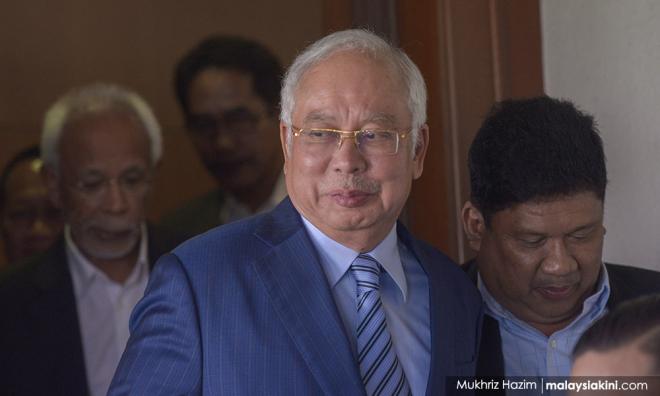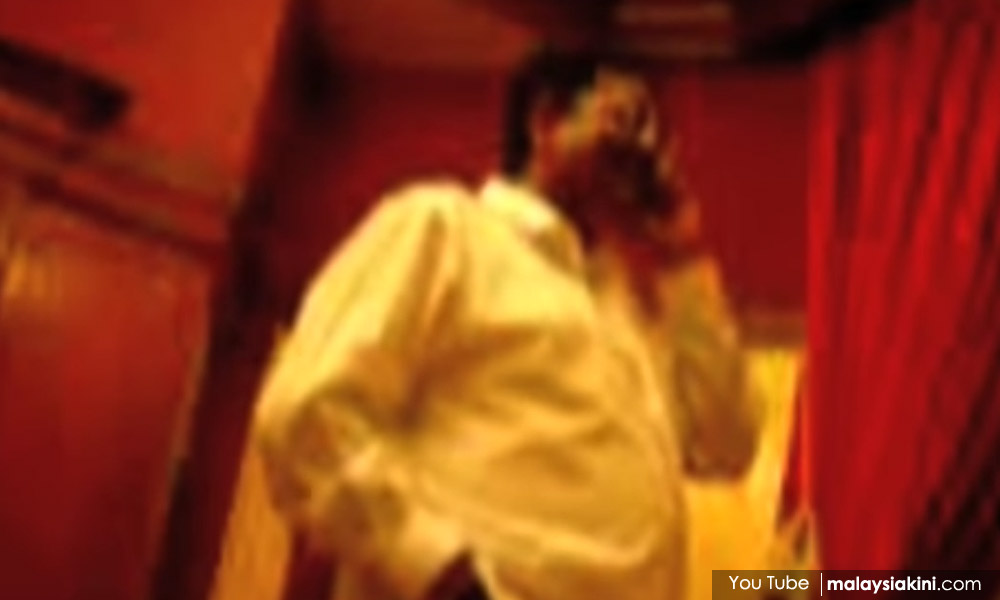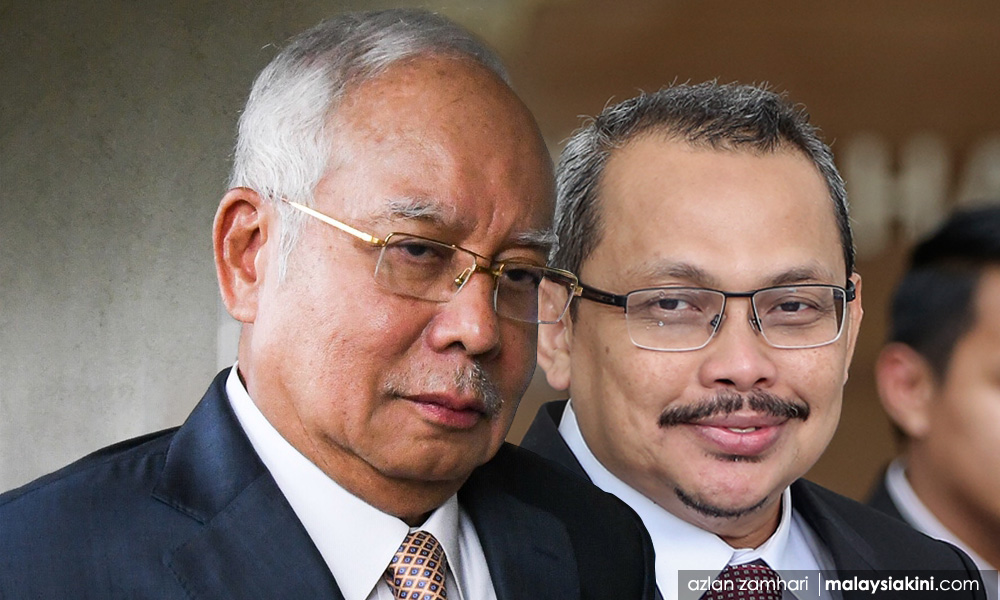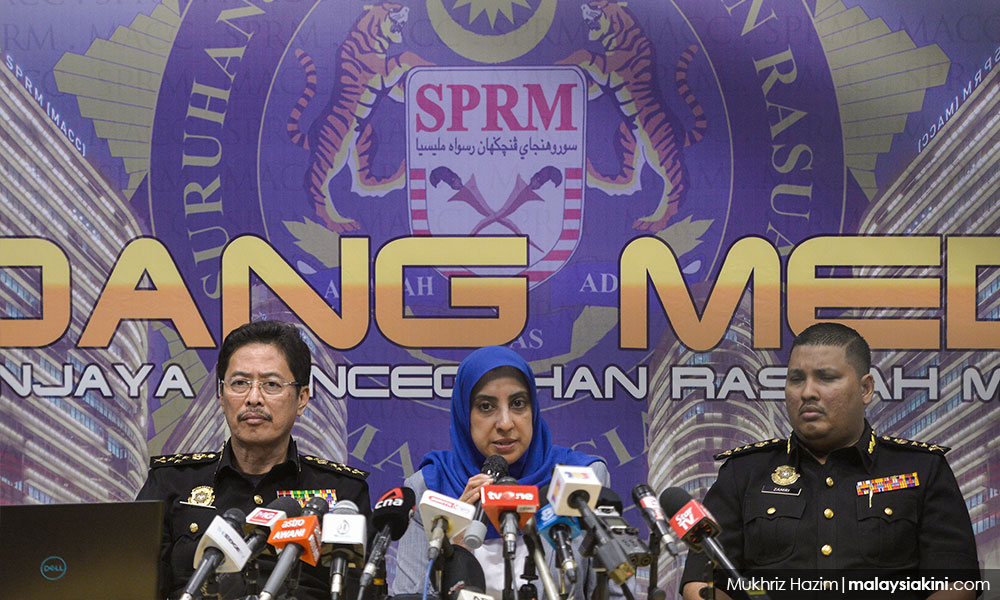
When the VK Lingam recording was released to the public, no one argued that the privacy rights of the person in the video were violated.
No one argued "due process", that the videos should have been sent to the police for investigation and for the public prosecutor to proffer charges because the "rule of law" dictates so.
No one argued "trial by media". Everyone just took it as proof that there was brokering of judicial positions.
That video confirmed what we had all suspected for so long; that there was something rotten in the judiciary at that time.
We, the public, have the right to know if there is proof that there was interference with the judicial system.

Fast forward to 2020, the nation was rocked last week by MACC's disclosure of anonymous recordings which were alleged to be of former prime minister Najib Abdul Razak with various people.
The recordings suggest that these individuals were discussing the fallout to the 1MDB revelations in 2015 and 2016, and also of the investigation carried out on the scandal-hit government-linked company.
Following the public disclosure, a lot of people raised concerns about due process and privacy rights when it comes to the 1MDB recordings.
Yes, the right to privacy exists and should be upheld. But the recordings are not about some salacious gossip, nor are they about who is sleeping with who or anything of the sort.
Instead, these recordings suggest that there was interference with the administration of justice at the highest echelon of power.
We, the public, have the right to know what our leaders do as leaders.

We also have the right to know if our enforcement officers are sharing with politicians the content of investigation papers.
We also have the right to know if our heads of government tried to persuade other heads of government to do personal favours for them.
The subjects of these recordings are possibly democratically elected leaders and public officers entrusted by us to carry out their public duties. So yes, we have the right to know how they go about doing so.
Yes, it may seem alien to some of us, but there is an overriding public interest for the rakyat to know, over and above any individual privacy rights that the subjects of those recordings may have.
The National Human Rights Society (Hakam) has touched on this in much depth in a statement it issued a few days ago, also published in Malaysiakini.
Enforcement bodies routinely hold press conferences to announce or reveal the results of their investigations. This typically occurs before the investigation papers are given to the public prosecutor.

They usually do so for public interest. Why? Because we, the public, have the right to know.
Unfortunately, we are now fixated with whether the recordings should have been made or whether they should have been broadcasted.
Very wise lawyers have weighed in, saying that what MACC did is improper. The Bar had several paragraphs in its statement on why it was wrong for MACC to have broadcasted the tapes and only a couple of lines about what those recordings suggest.
Yes, there certainly are questions that can be raised. And questions should be raised. The MACC was given these recordings and they made a decision to release them to the public because we, the people, have the right to know.
But let us not lose sight of the bigger picture here - what those recordings suggest.
As Iskandar Puteri MP Lim Kit Siang had rightly observed in his statement:
“…although the audio recordings raised many pertinent public interest issues, the shocking aspect that a prime minister could be party to a treasonous crime was not given sufficient attention.”
No one is really talking about the contents, except perhaps the one recording about giving advice. Everyone is shooting the messenger, while the message is lost.
SYAHREDZAN JOHAN is a civil liberties lawyer and political secretary to Iskandar Puteri MP Lim Kit Siang. - Mkini



No comments:
Post a Comment
Note: Only a member of this blog may post a comment.